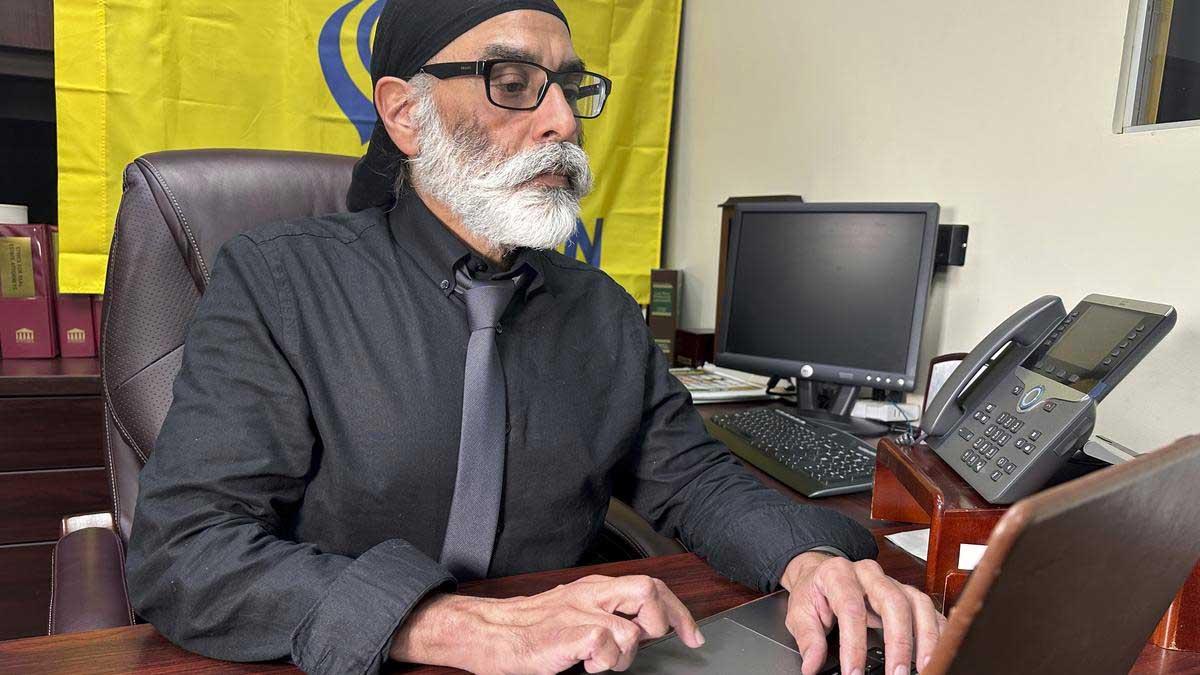Pakistan recently confirmed receiving a request from India for the extradition of Hafiz Muhammad Saeed, the head of the banned Jamaat-ud-Dawa (JuD). However, Pakistan hinted at the unlikelihood of taking immediate action due to the absence of a formal extradition agreement between the two nations.
Mumtaz Zahra Baloch, spokesperson for the Foreign Office, acknowledged the receipt of India's appeal regarding Hafiz Saeed in connection with a purported money laundering case. She highlighted the absence of a bilateral extradition treaty between Pakistan and India as a crucial factor, indicating potential limitations in pursuing India's request.
While India accuses Saeed of involvement in cross-border attacks, the chief of the banned outfit has consistently refuted these allegations.
Previously, a Pakistani court had sentenced Saeed, known as the founder of Lashkar-e-Taiba (LeT), an armed group implicated by the US and India for the 26/11 Mumbai attacks, to 31 years in prison in two cases related to terrorism financing.
(With Agency Inputs)
ALSO READ | India Urges Pakistan to Extradite 26/11 Mastermind Hafiz Saeed
ALSO READ | Close associate of Hafiz Saeed gunned down in Karachi


















